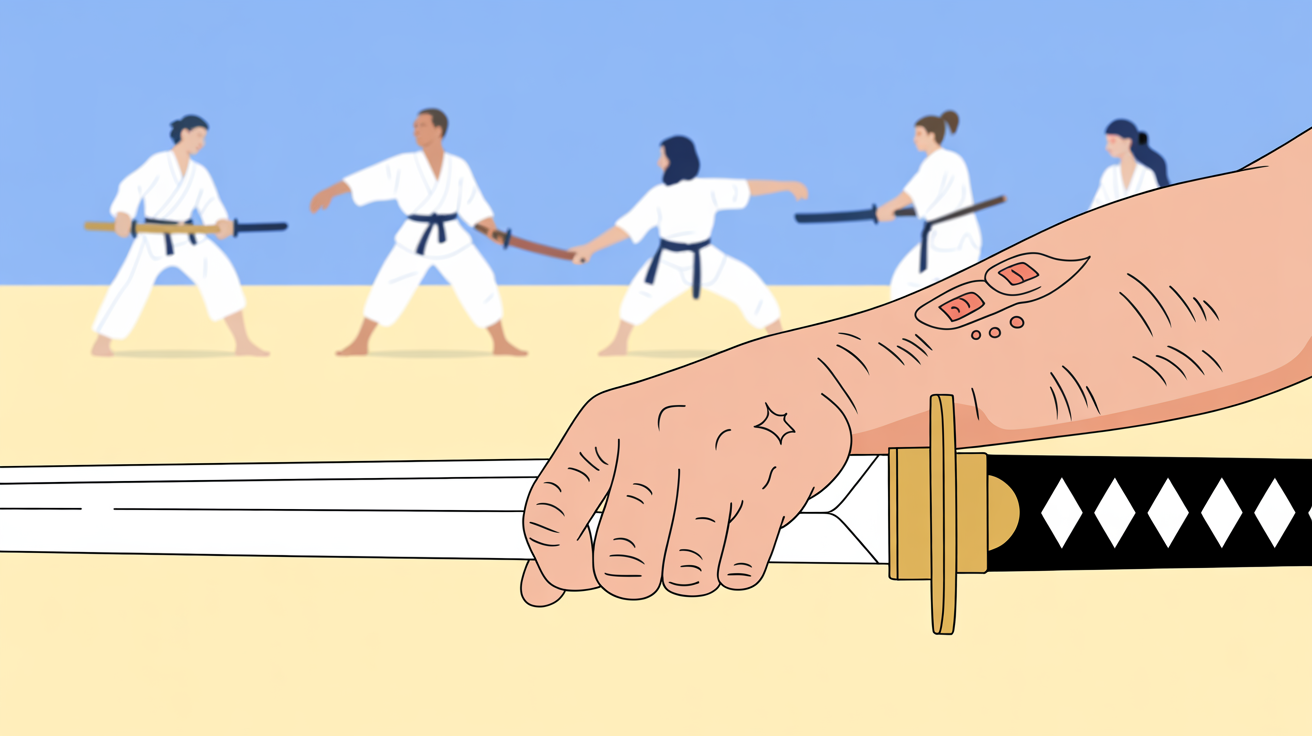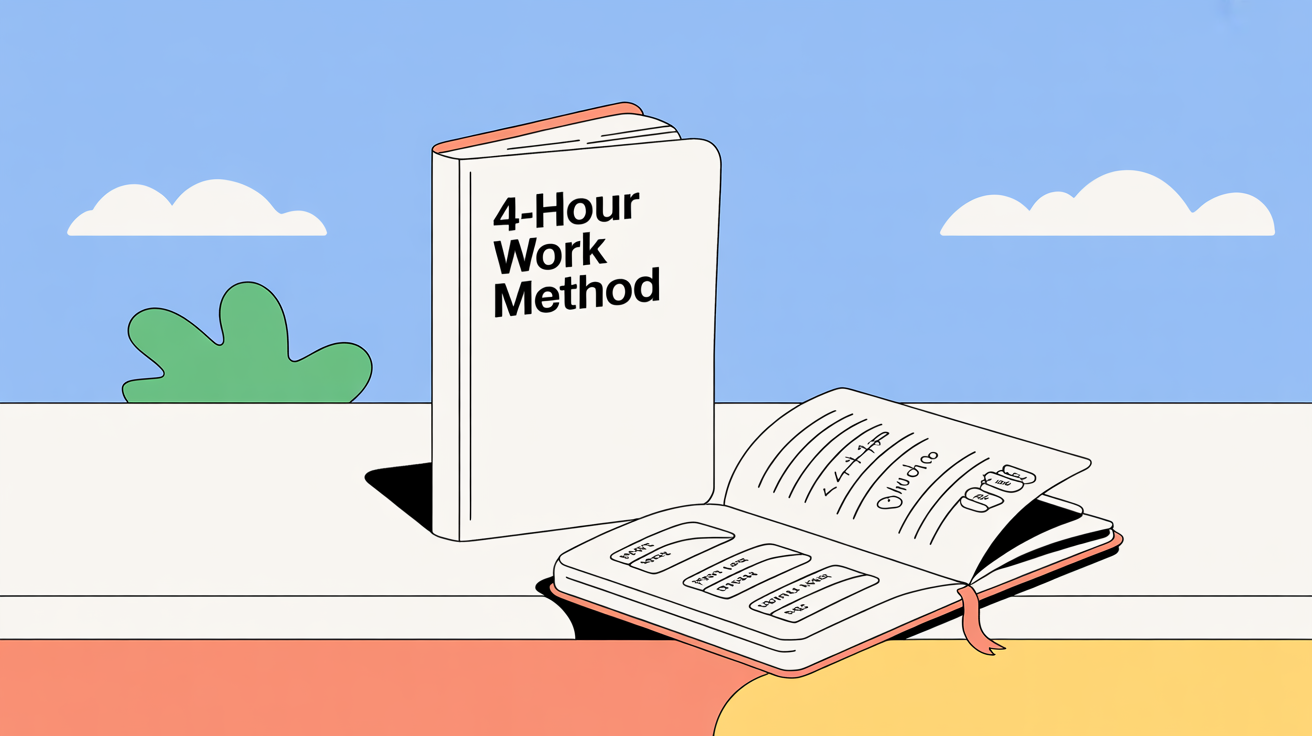引言:
If I were to compress today’s zeitgeist into twenty-four Chinese characters, they would read:
More data, shallower thought;
More opportunity, boundary-less rivalry;
Perpetual distraction, permanent connection.
In this video we will explore three strategies for vaulting from novice to seasoned expert, and, perhaps, dismantle a few blind spots in the way you schedule your learning.
I. Locate Knowledge, Do Not Hoard It
A hundredfold return rarely requires a hundredfold exertion; it demands that we exploit the right leverage.
The author who, in a chemistry exam, scribbled “All elements may be found on the final page of the textbook” understood leverage. My own schooldays never rose above smuggling the book into the test.
In a bygone era teachers were justified: examinations forbade books, and books themselves were scarce. Today that stance is anachronistic. How much of what you learned in school powers your current life? Twenty per cent, if that? Do your days demand chemistry or geography?
When ignorance strikes, a ten-second search yields the answer, and generative AI now condenses those answers for us. The internet is our exocortex—memory externalised. The nearest bookstore is fifteen minutes on foot; the same volume appears on my phone in fifteen seconds. Sixty times faster: that is the velocity of progress.
All my notes live in software, instantly retrievable. I need only remember keywords and locations; the machine recalls the rest. Wisdom is not information, and memorisation is best outsourced to silicon.
When a passage moves me I once recited it; inevitably it evaporated. Now I scan it, tag it “Luminous Prose” in Readwise, jot a marginalia, and move on. If a thought electrifies me, I shut the book, reach for pen and paper—nothing sparks insight like ink—and sketch a deeper plan before I read another line.
II. The Pareto Compass
Now that we’ve mastered the art of accessing knowledge, how do we learn quickly enough to become true professionals? Reaching the summit of any field can take decades; the deeper you delve, the more keenly you feel your own inadequacies, and confidence inevitably falters.
Every incremental point from ninety to one hundred demands a staggering outlay of effort. But what if we first lifted each component of our craft to eighty—just enough to set the flywheel spinning? Wouldn’t that be both easier and more valuable?
Consider my own video work. I’m fully aware my editing is far from elite, and my narrative timing still needs refinement, yet that shouldn’t stop me from publishing. Instead, I devote twenty percent of my time to push every area—content, editing, filming, distribution—to an eighty-point baseline and release the piece.
With each facet at eighty, I hold a decisive edge over someone who scores a perfect hundred in only one. My output reaches you faster. Had I waited until my skills matched top-tier creators, I’d have forfeited the chance to meet you on this screen—so while we’re here together, why not subscribe?
In short, rather than expending all your energy chasing the final ten percent of one discipline, spend eighty percent mastering the essential twenty percent of several fields. That breadth is more than enough to excel.
III. “Less, but Better”
Now, how do we choose the few pursuits worthy of obsession? Judge by value, not convenience. Do not act because the task is easy but because it is consequential; do not buy because it is cheap but because it is worthy; do not marry because you are accustomed but because you are in love.
Life’s aim is to find the person or problem that needs us most. Value is the engine of zeal—the one per cent for which we will surrender the ninety-nine.
From the sidelines no one sees the true pecking order. Sit at the table, place a bet, discover your edge. The office crooner who turns professional may learn his “angelic” voice ranks middling among real angels. If you cannot dominate the main arena, identify a niche battlefield; if you cannot be the generalist champion, become the specialist monarch.
Statistics tell the tale: in any system attention funnels forty per cent to the leader, twenty to the runner-up, ten to the third, the remainder scattered among the crowd. Head-of-pack status multiplies reputation and revenue alike.
IV. Converse Relentlessly
Finally, replenish your knowledge through conversation. In ancient China, Spring-and-Autumn retainers, free of toil, debated statecraft and birthed a hundred schools. In sun-drenched Greece, leisurely dialogue forged Western philosophy.
The internet offers the same conditions as Renaissance Italy: ubiquitous information, frictionless connection. Insight now erupts not from a single skull or textbook but from intellectual collisions—remember Stephen Hawking, laboriously typing four letters a minute to keep the exchange alive. Seek out friends, sip tea, and collide.
I am Mads, your companion on the road to growth. If you enjoyed this journey, subscribe. Until the next article—farewell.












Discussion